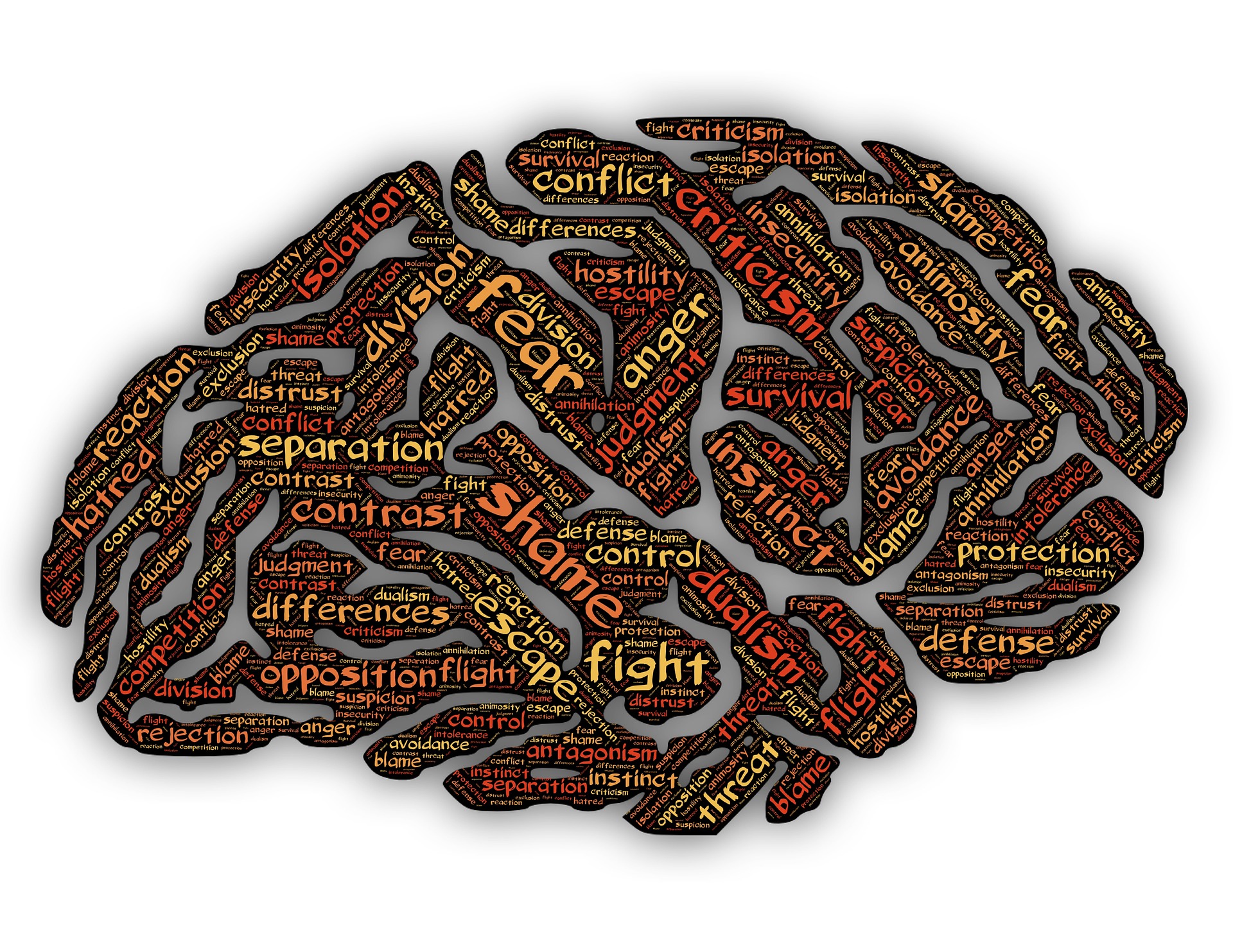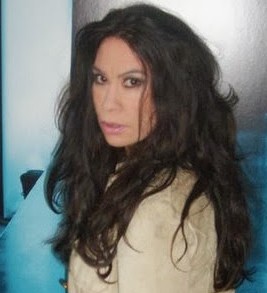
I have heard many clients throughout the years tell me that they can’t attract what they want. They attract everything they don’t want. I’m here to tell you that what you attract is a function of your self-awareness. So many of us don’t recognize that we are in cycles of patterns that were created years and decades ago.
Essentially, you attract what you think you are worth.
When you are dating you are seeking people that you can relate to, that you admire, that you trust, that you can work collectively with to reach your common goals. In a sense, it should be an extension of what you are and someone who enjoys you for who you are and what you will become. After all, you’re trying to find someone that compliments you and that makes you a better version of yourself.
But how can optimal decision-making occur if you’re working from a deficit from the very beginning? You’re already working against yourself because you’re concealing your insecurities. You’re not challenging your insecurities because the person isn’t helping you realize your fully actualized self. They are versions of what don’t want to attract. Your dating pattern can be protecting you from past pain. Dating someone that you feel won’t challenge some of the pain you’ve experienced can be the type you feel comfortable with. You are hoping that you can avoid experiencing similar pain, but endure different pain.
You just found someone that will keep you living at 70 percent.
The answer to why you will see a couple that you think, “How did they get together?”, and, “Why can’t I get that?” — self-esteem! One or both of them abandoned the idea that they can’t attract what they really desire. What you desire is what you should pursue. Not the other way around. If you have a list, make sure you figured out what you want vs. what you need. Ask yourself if it’s based on characteristics vs. not getting hurt. Sometimes you replace familiar hurt with new hurt. Which brings us back to self-awareness.
Sometimes the idea of being in a relationship has more value to us than compatibility in the relationship, equity in the relationship, or just plain happiness.
The idea can create illusions that you’re in a healthy relationship because it is what we choose not to see.
Even though we might not be aware of it consciously, subconsciously we are compensating for the elements that are missing. So, it becomes a perfectly fine relationship.
Some people compensate with a dog, others with their computer, ice cream, etc. Most of us are trying to create balance and seeking happiness. Do we recognize how we are compensating? Not all of the time. We have to be made aware of it.The #1 person we lie to is ourselves.
If you think things like this:
- “S/He may not have X things that I would like, but it works for now.”
- “It’s okay that we don’t do X (the things that I enjoy), I’m happy to have companionship.”
- “It’s ok that s/he doesn’t want children, I wasn’t that sure about having them anyway.”
Then maybe you need to remind yourself of:
- Anything that you have desired for your lifestyle is what shouldn’t be deleted off your list.
- Your ideal partner will complement your goals, desires and assist in fulfilling your dreams.
- Ideas about people and relationships create illusions that distort our perception of reality.
Some of the reasons that this is happening is due in part to technology.
Technology is changing our consciousness and cognition.
As Arianna Huffington noted in her column, technology is changing the nature of our relationships. In some cases, it erodes your self-esteem and alters your decision-making ability. The end result is not making you pickier; it’s making you choose based on lowered expectations.

